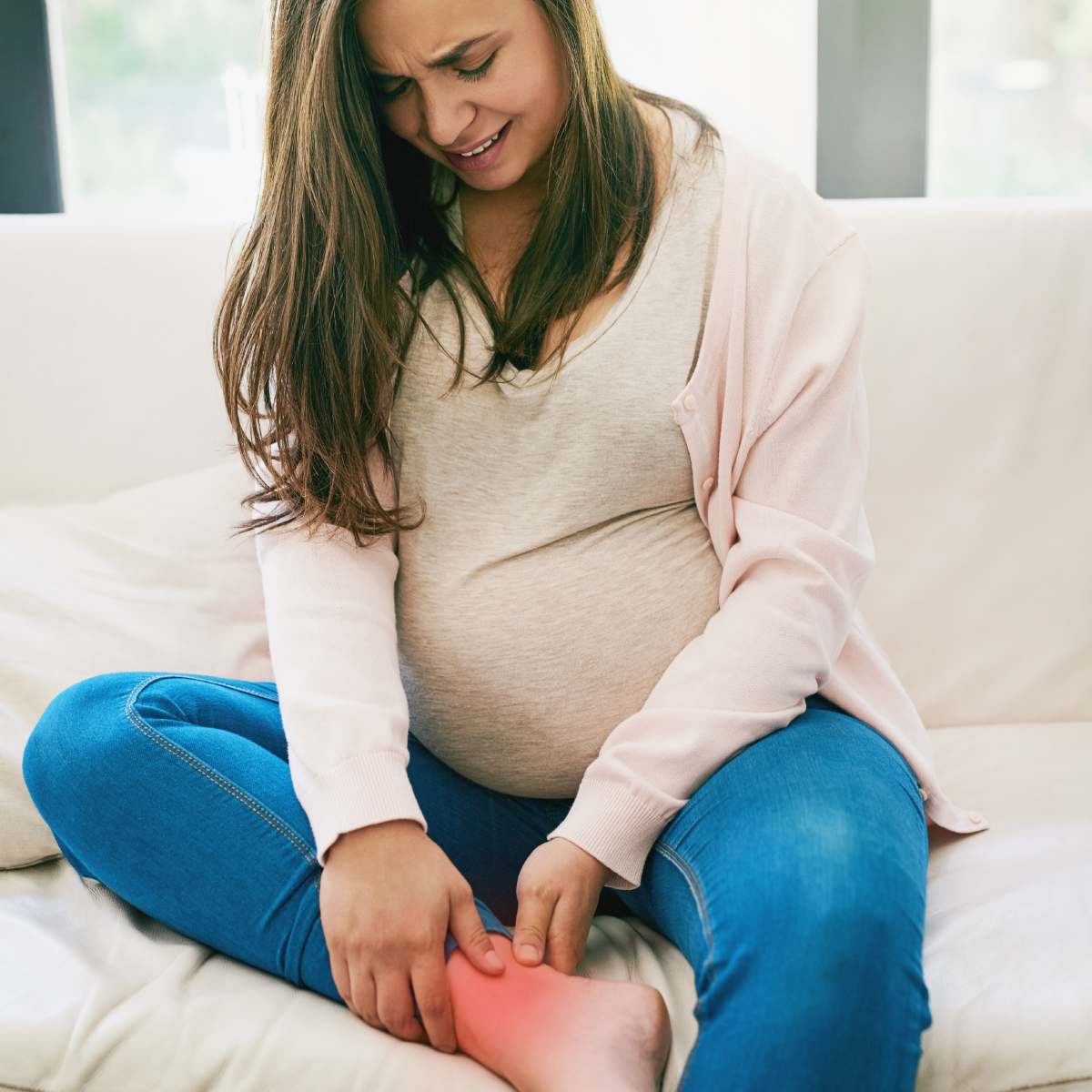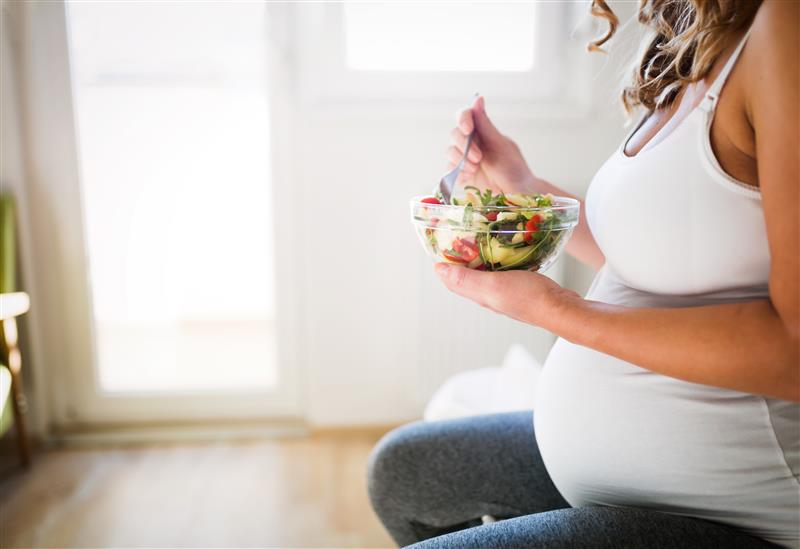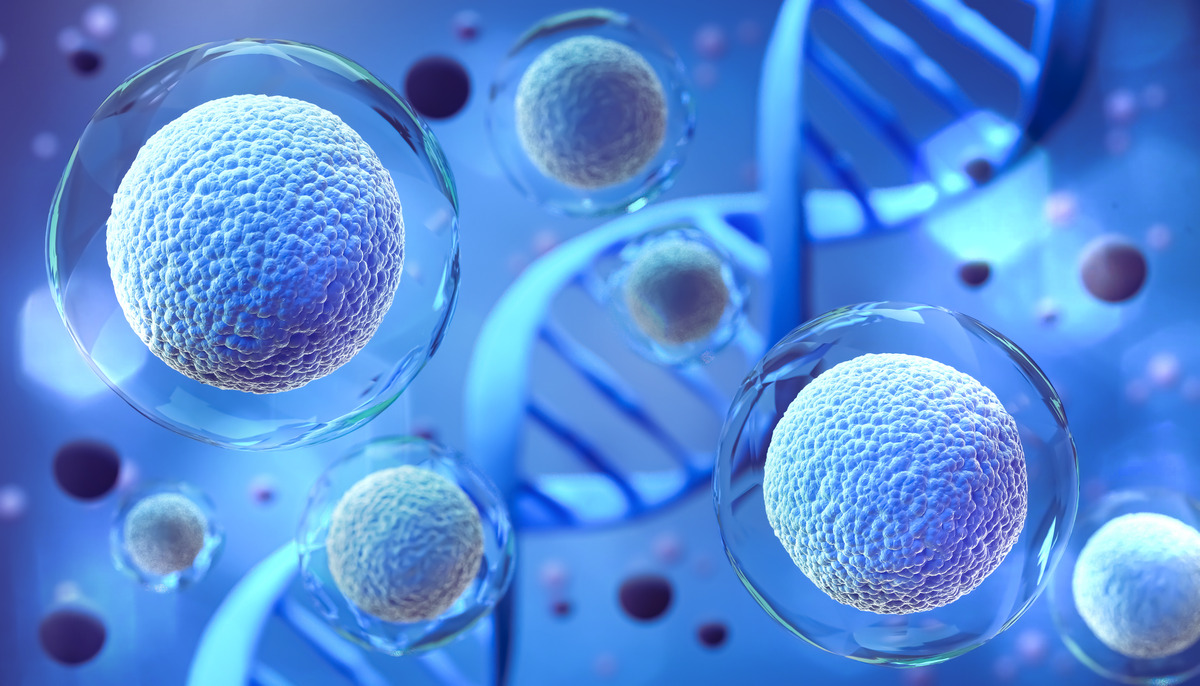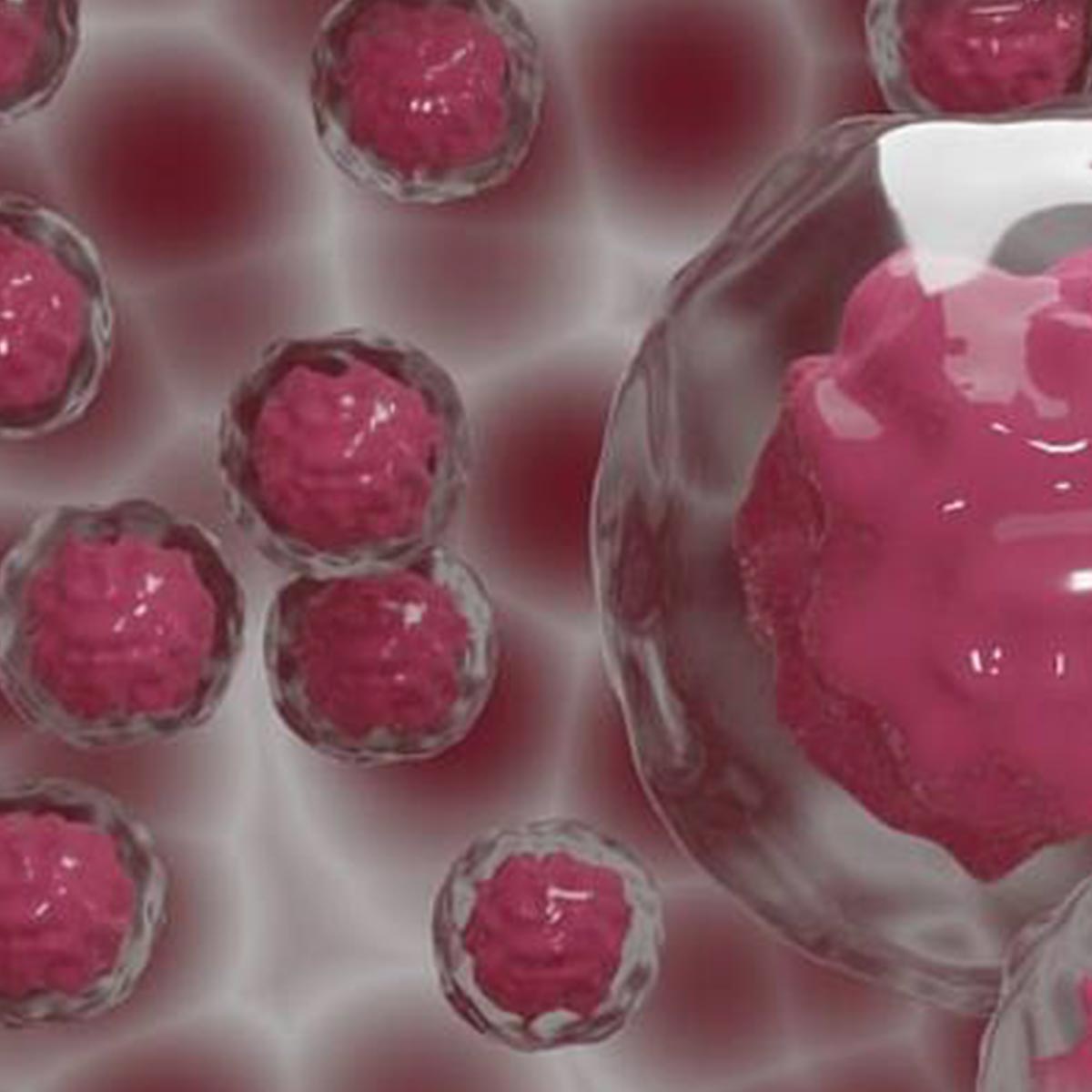Swollen Legs and Hands During Pregnancy

You expected the bump, the cravings, maybe even the mood swings, but did anyone warn you about the puffiness?
Welcome to the real side of the pregnancy.
Swollen hands and legs during pregnancy are the body’s not-so-subtle way of saying, “Hey, I’m working overtime here.” Now, it may not be pretty, but it’s surprisingly common and usually nothing to worry about.
If you are pregnant, especially for the first time, it is easy to become concerned about these changes in your body.
Do you want to understand what causes swollen legs and hands during pregnancy, and how to deal with them? Watch Dr. Mandakini Chopra, Senior Physiotherapist and Pregnancy Fitness Expert, as she explains in simple terms that will provide you with some relief from the symptoms.
Watch the video:
What Causes Swollen Legs and Hands During Pregnancy?
Pregnancy causes your body to retain more water than normal, which results in swelling. It retains more water because it is your body’s way of supporting the baby’s growth and preparing for delivery.
The lowest areas of the body tend to retain more water during the day, particularly in hot conditions or after prolonged standing. So, that’s why you will find that your legs are swollen most of the time.
As your blood volume increases by nearly 50%, your body needs extra fluids to help carry nutrients and oxygen to your baby, maintain healthy amniotic fluid levels, and soften the joints and tissues, especially around the pelvis, for labor.
Also, the hormonal changes also cause blood vessels to relax and leak fluid into surrounding tissues, which contributes to swelling, particularly in the hands, feet, and legs.
Experts note that carpal tunnel syndrome, a nerve disorder that is significantly more frequent during pregnancy, can occasionally cause swelling in the wrists. It can result in numbness, tingling, and discomfort in the hands and wrists. However, it goes away on its own after childbirth when hormone levels and fluid balance return to normal.
Tips to Relieve Swelling Legs and Hands During Pregnancy
Here are some tips or remedies that you can consider to deal with swollen legs during pregnancy.
- Try to keep your feet elevated above the level of your heart several times a day to help the fluid flow back toward your heart and reduce swelling.
- Increase your water intake to help your body rid itself of excess fluid and sodium.
- Put on compression stockings to increase blood flow, particularly during long flights.
- Stay away from being outdoors during extremely hot and humid conditions.
- Take frequent rests to elevate your feet if you are standing for an extended time.
- Wear supportive, breathable, and comfy shoes instead of heels.
- Eat extra potassium-rich foods, such as avocados and bananas, to enhance urine output and flush out sodium (yes, even more).
- Limit high-sodium foods like chips, fast food, and prepackaged meals.
When should I be Alarmed?
Call your gynaecologist right away if you experience any of the following symptoms of swollen legs and hands in pregnancy:
- An abrupt increase in facial, hand, or foot swelling.
- A severe headache or a persistently dull headache.
- Issues with your eyesight, such as flashing or blurry lights.
- Excruciating pain right below your ribs.
- Feeling sick or vomiting.
These might be signs of preeclampsia, a serious condition that requires medical attention right away. Pre-eclampsia typically occurs around the end of pregnancy, after 24 to 26 weeks.
The Bottom Line,
Swollen feet are common during pregnancy. Increased bodily fluid volume and poor circulation are the two main causes of swelling. It is critical to contact your physician or birthing specialist if you have abrupt or significant swelling, as this could indicate a more serious issue.
While you care for your body and baby during pregnancy, you must be concerned about your baby’s future. Your baby’s health is a top priority for you, and what if we tell you that your baby’s stem cell has the cure to treat 80+ life-threatening diseases?
These powerful cells have up to a 50% chance of matching with parents and a 25% chance of matching with siblings, making them a valuable medical resource for the whole family. Talk to Cryoviva experts today to know more this.















 Enquiry
Enquiry
 Email
Email Phone
Phone
 Whatsapp
Whatsapp